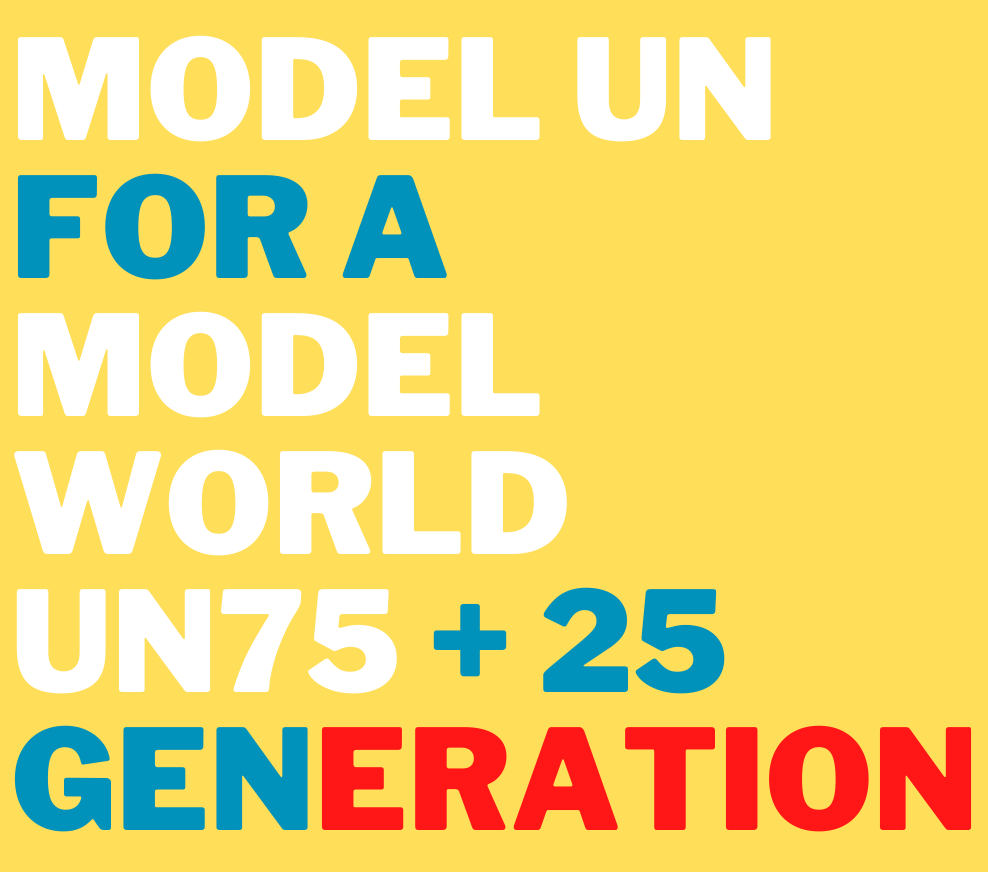As the name suggests, the United Nations (UN) should represent the union of all nations around the globe. However, it is far from the truth. We are all living in a disparate world in which every country is speaking its own language. There is no cohesion even when the problems, in general lines, are the same: poverty, social inequality, starvation, global warming, disrespect for the basic Human Rights, armed conflicts, discrimination, hate, gender inequality, all kinds of prejudice, etc.
With the flowering of the globalization process in the 20th Century, beyond the facilitated flow of goods, people, services, information and money, we could also see the limitation and erosion of the national power in a context of a global economy in which the multinational companies have a significant role. On the other hand, globalization also brought the promotion of the national troubles to another level. As the economies are integrated and dependent of each other, and also as a situation in a country has the potential to affect other countries, a national question must be faced as a global issue. Globalization transformed the entire world into a unique community that shares the problems and, logically speaking, should share the solutions. But it is not happening now.
In the UN the effective power resides in the Security Council, more specifically in the five permanent members with the veto power – the United States (US), Russia, China, the United Kingdom and France. Considering that the Cold War did not properly end with the collapse of the Soviet Union, the Security Council was transformed into the new dispute scenario between the US and Russia, two countries with different positions about the main global affairs. This constant deadlock situation makes the processes to overpass the major world problems even more difficult and challenging.
The way to build a better world passes through overcoming the individualistic way of thinking that is installed in the governments and spreading the understanding that in a globalized world all parts of the globe are interconnected. A single event somewhere can affect the entire planet. In this sense, the main goal of the UN should be to create the basis and foundations for effective global governance because by doing this it will be possible to handle the crises and situations – poverty, wars, epidemics, pandemics, starvation, global warming, ensure respect for Human Rights, etc. – in an amplified scenario, what will make feasible more assertive interventions and results.
It is important to keep in consideration that to achieve this it is not possible to maintain the current UN structure because it fosters inequalities in the relations between the Member States by putting the non permanent members of the UN Security Council in a less relevant position. The UN should start to treat every Member State equally with balanced power. Then, thanks to cooperation, we will have a favourable scenario to develop the world we deserve: with peace, gender and social equality, respect for Human Rights; without poverty and starvation; and mitigating global warming.



